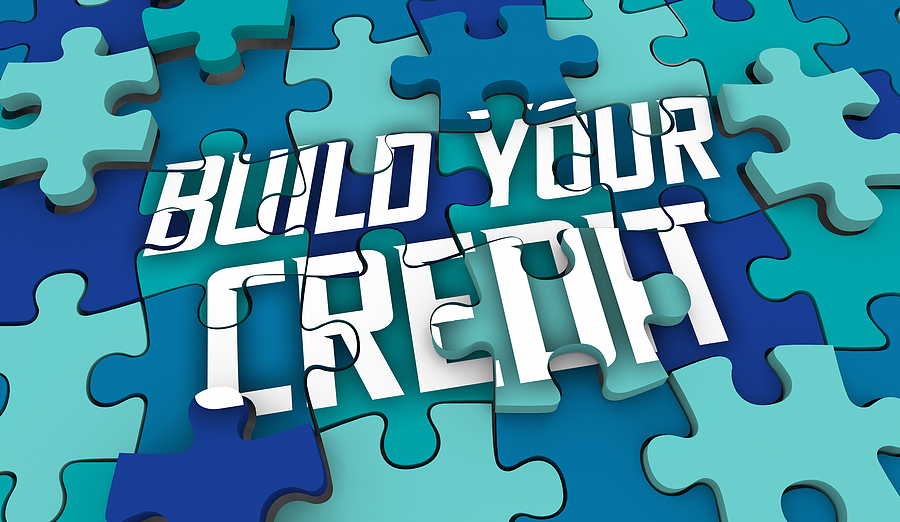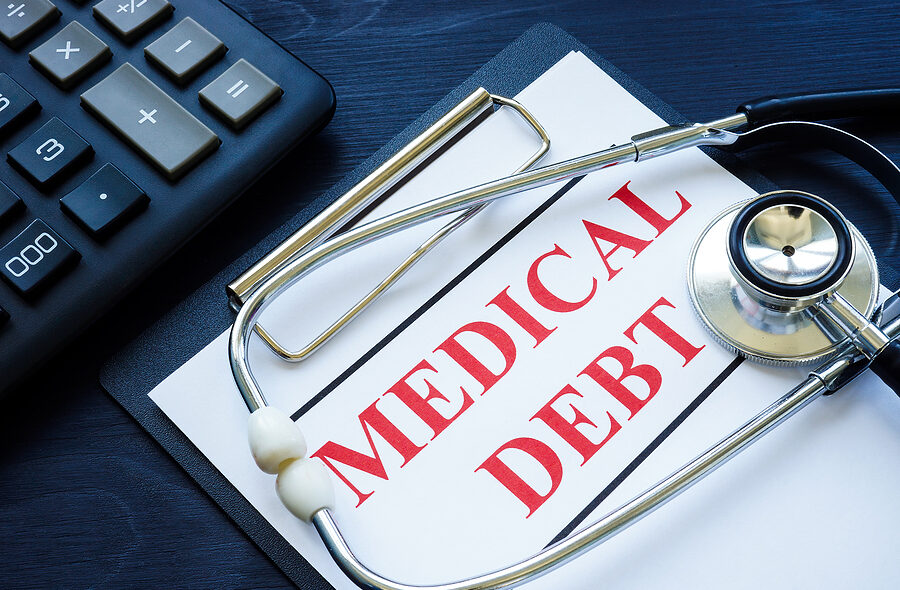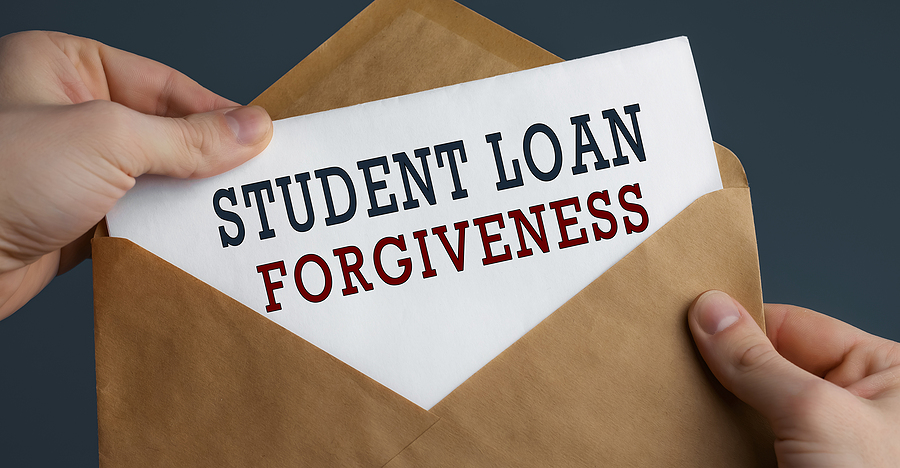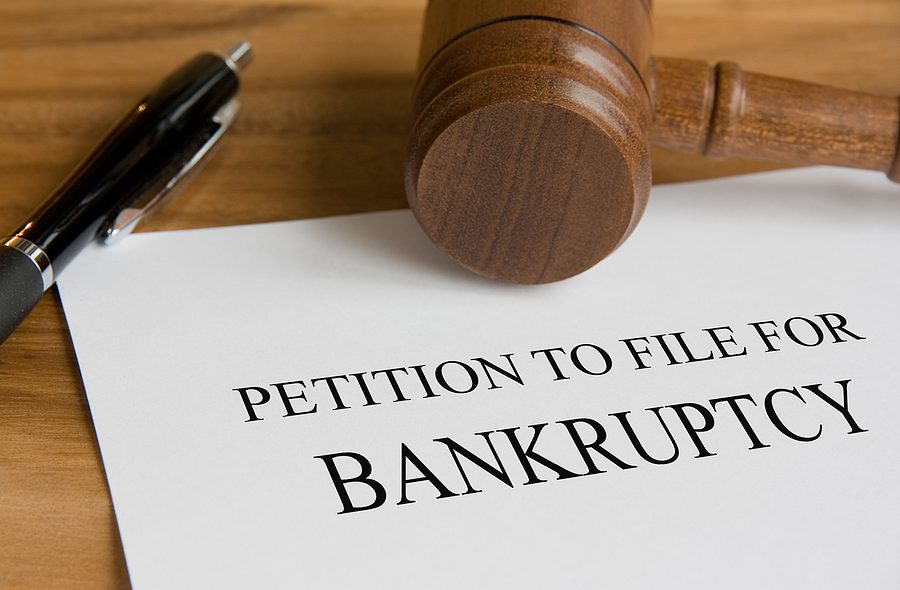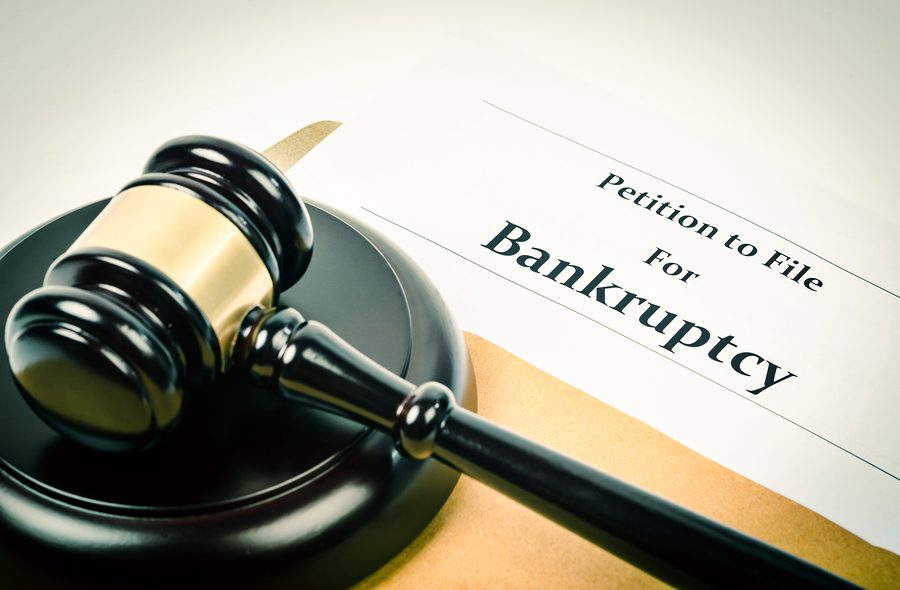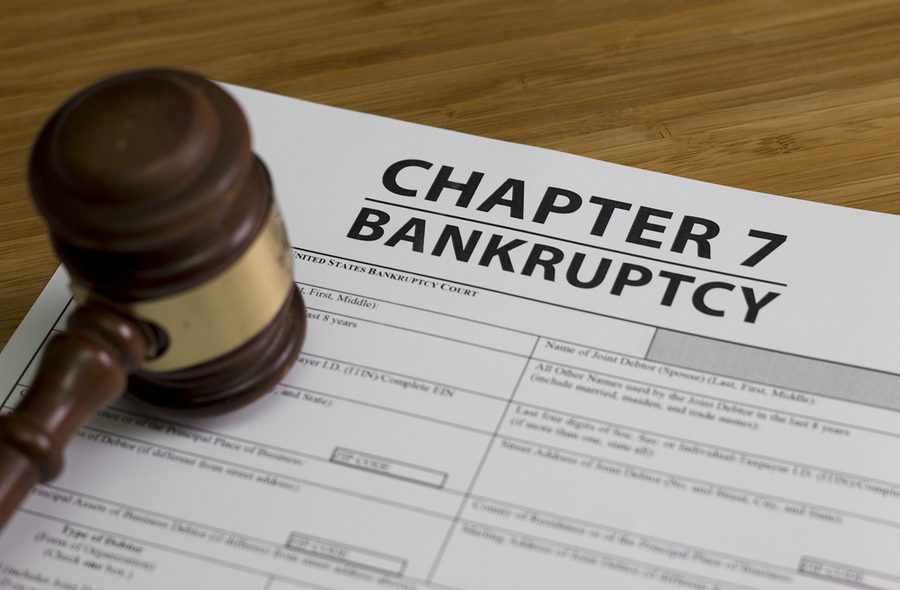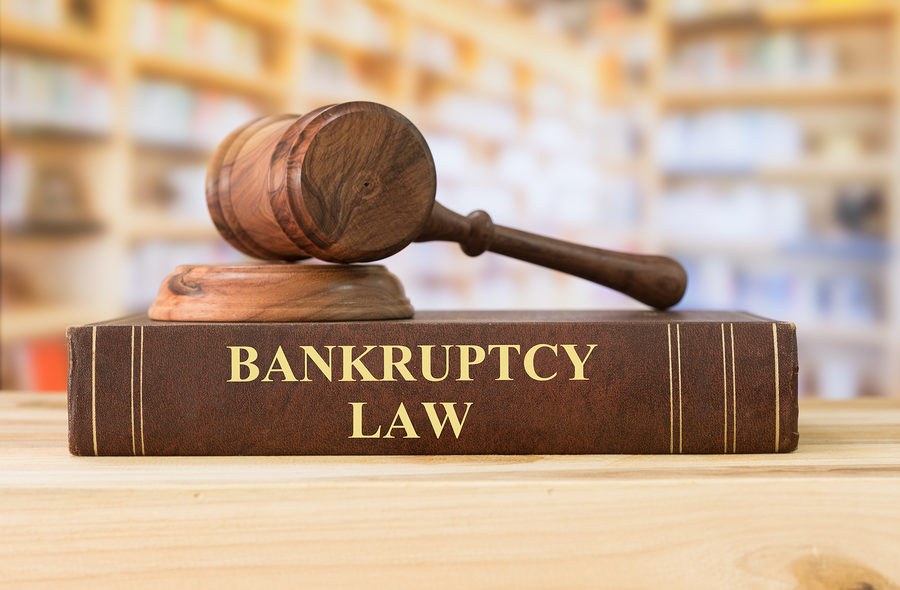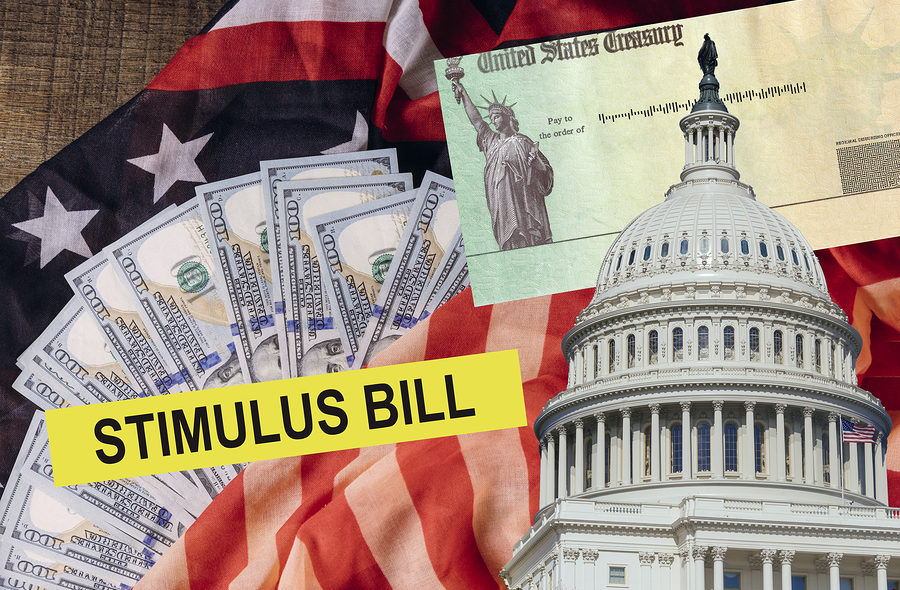Sometimes people hold off filing for bankruptcy for fear of what it will do to their credit and financial future. While filing for bankruptcy will impact a person’s credit score, this damage is not irreparable.
The good news is after bankruptcy, you can immediately take steps that can have a positive impact on your credit history.
- Pull a copy of your credit reports for free by visiting https://www.annualcreditreport.com/.
- Make sure your credit reports are accurate. The accounts that were discharged in bankruptcy should be closed. If any discrepancies are found, these errors should be reported right away to the credit bureaus via a formal dispute.
- Prioritize making future payments on time. It sounds simple, but on-time payments and responsible credit card use can significantly help you recover from bankruptcy.
- Open a new line of credit. After some time has passed and you feel financially stable, consider opening a new line of credit with a reputable lender to reestablish healthy credit habits.
- Creating a budget is important after completing a bankruptcy case. Write down all necessary living expenses and track how much of the consumer’s income can be used to go towards paying these costs. A good rule of thumb when budgeting is to follow the 50/30/20 rule. What this entails is 50 percent of the consumer’s income goes towards meeting his or her needs. Another 30 percent would be set aside for items that are considered not necessary or are wanted, while 20 percent of the monthly income goes towards savings.
Your credit scores will not rebound overnight after bankruptcy. However, if you use credit responsibly and avoid late payments, you can establish a favorable credit history over time and get back on solid financial footing.
Click here to learn more.
If you are in financial crisis and considering filing for bankruptcy, contact an experienced Miami bankruptcy attorney who can advise you of all your options. As an experienced CPA as well as a proven bankruptcy lawyer, Timothy Kingcade knows how to help clients take full advantage of the bankruptcy laws to protect their assets and get successful results. Since 1996 Kingcade & Garcia, P.A., has been helping people from all walks of life build a better tomorrow. Our attorneys’ help thousands of people every year take advantage of their rights under bankruptcy protection to restart, rebuild and recover. The day you hire our firm, we will contact your creditors to stop the harassment. You can also find useful consumer information on the Kingcade & Garcia website at www.miamibankruptcy.com.

